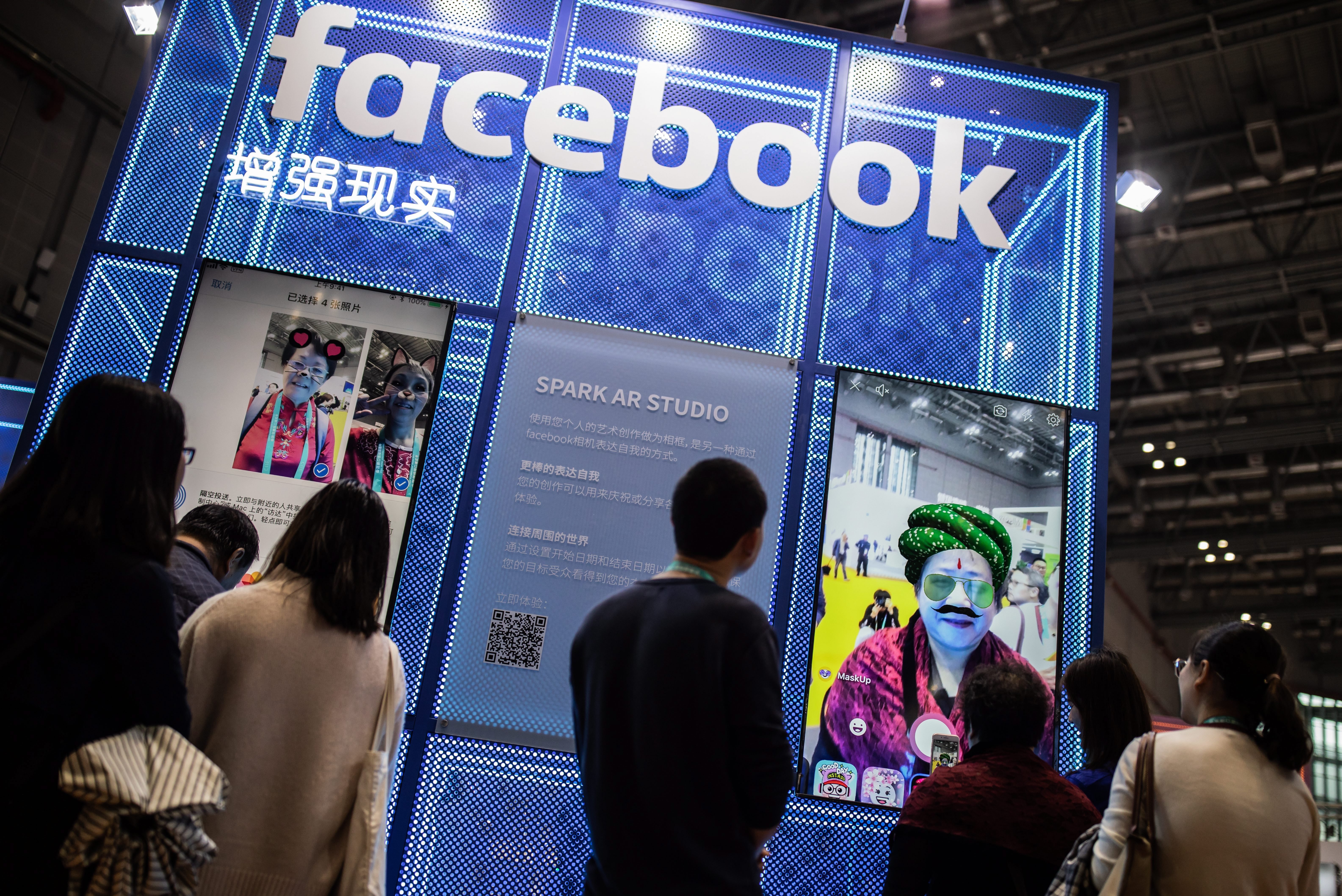Facebook and Instagram have sued three people and four companies based in the People’s Republic of China, alleging that they promoted the sale of fake likes, followers and accounts on both sites.

The lawsuit, filed in U.S. Federal Court, alleges that this also happened on other online service providers including Google, Apple, Amazon, LinkedIn and Twitter.
WATCH: U.K. lawmakers call for regulation on Facebook

The social media giant also said in a statement it would enforce its rights under U.S. intellectual property law “for their illegal use of our trademarks and brand.”
“By filing the lawsuit, we hope to reinforce that this kind of fraudulent activity is not tolerated — and that we’ll act forcefully to protect the integrity of our platform,” Facebook said.
The lawsuit has asked the court to prevent these people and companies from three particular activities on Instagram and Facebook:
- “Cyber squatting” — the practice of using domain names with Facebook branding to operate their websites
- Creating fake accounts, followers and likes on both websites
- Infringing on Facebook trademark
- High benzene levels detected near Ontario First Nation for weeks, residents report sickness
- Ontario takes action against chemical plant after Aamjiwnaang First Nation residents fell ill
- Enter at your own risk: New home security camera aims paintballs at intruders
- Beijing orders Apple to pull WhatsApp, Threads from its China app store
READ MORE: Facebook sees spike in users and revenues in 2018 — despite privacy scandals
Facebook concluded its statement by saying “inauthentic activity has no place on our platform.”
“That’s why we devote significant resources to detecting and stopping this behaviour, including disabling millions of fake accounts every day. Today’s lawsuit is one more step in our ongoing efforts to protect people on Facebook and Instagram.”
Facebook’s lawsuit came after years of efforts to root out fake news — actions that have included an “election integrity initiative” to help promote authentic dialogue and engagement before Canadians go to the polls in 2019.
The lawsuit also came eight months after the U.K. government office would fine the social platform 500,000 pounds (C$871,325) for failing to protect the data of millions of people after data-mining firm Cambridge Analytica accessed it without users knowing.




Comments